Why birdwatchers are happier than the rest of us
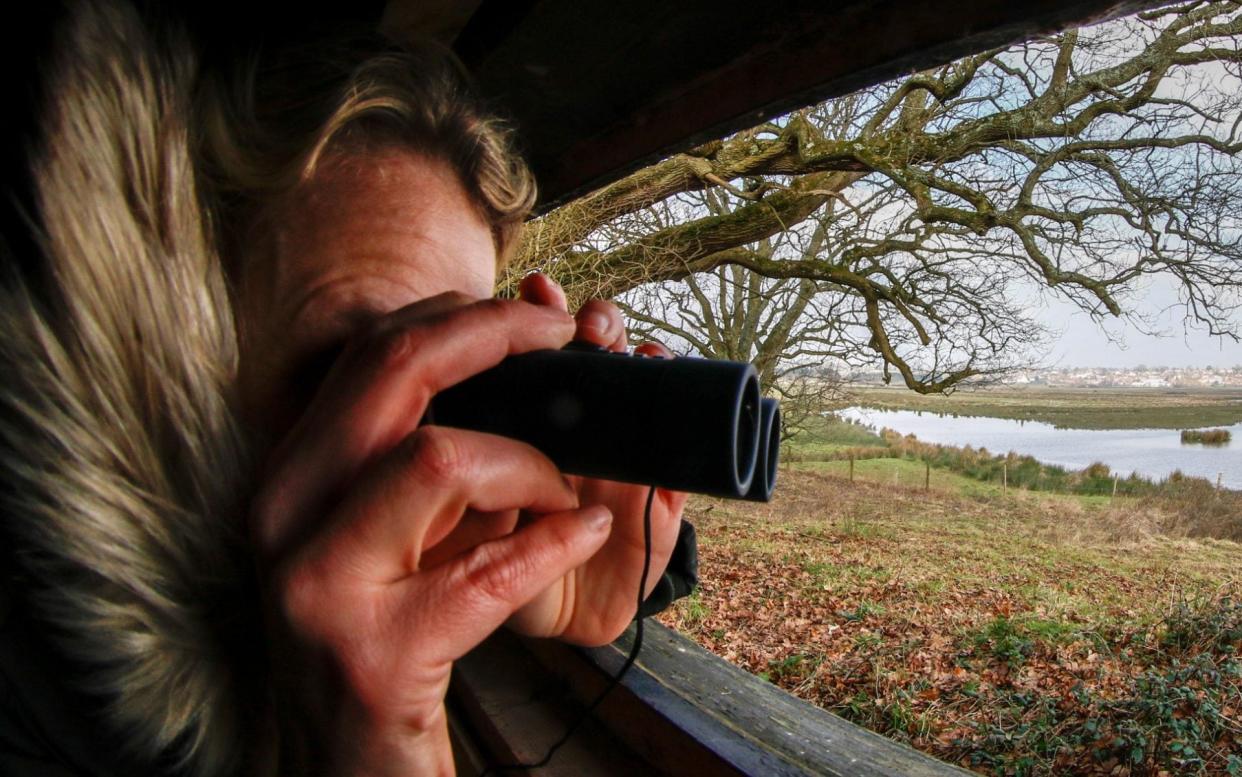
- Oops!Something went wrong.Please try again later.
“There is something reassuring about life continuing and nature just getting on with it even if it feels like the rest of the world is falling to bits,” says author and presenter Kate Humble. Speak to any birdwatcher, twitcher or naturalist and you’ll find agreement that the mental and physical benefits of birdwatching are as important as ticking off the sighting of a rare goshawk or lesser spotted woodpecker.
After yet another study, this time from North Carolina State University, extolling the virtues of birdwatching – indeed claiming that observing our feathered friends is more beneficial than watching other forms of wildlife – the question is: what is this almost medicinal effect birds have on humans and how do we make the most of it?
“Birdwatching gives you licence to not be busy and get the value of that,” adds Humble. “You are doing something – you’re not just slobbing out – but being part of an experience and discovering something, even if it’s relatively fleeting. It makes me feel part of a bigger, richer, beautiful picture and there’s something very comforting about it.”
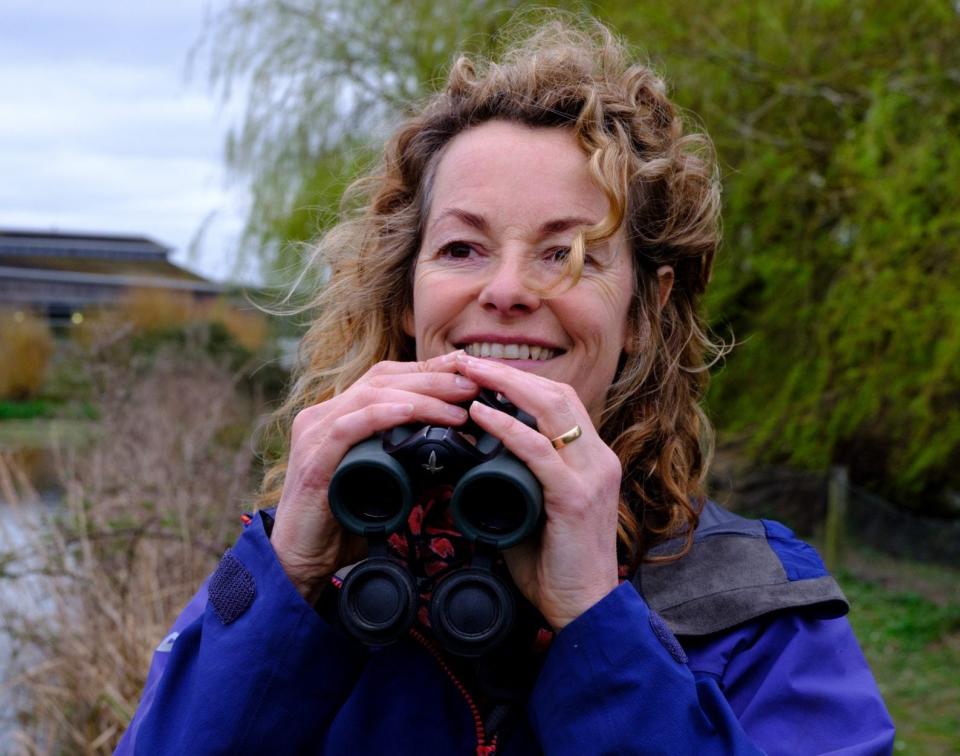
Far from the outdated stereotype of birdwatchers as perhaps obsessive, possibly nerdy, anoraks who shun society under waterproof hides, it turns out they may have the answers to life the rest of us are so desperately searching for.
“Birds are an excuse to get out into nature. You could say the same about moths, but birds are so much more accessible,” says James Lowen, author of 52 Wildlife Weekends. “Birds form part of our daily life – they’re present and they catch our eyes. It’s the stories birds tell that make them seem richer than some other animals. Also we envy them because they can do something we can’t.”
The report claims birdwatchers’ recorded “distress” levels dropped by 13.7 per cent, compared to that of nature-walkers’ 6.9 per cent. An earlier study from the University of Michigan focused on the key differences between what it called “directed attention” and “fascination”. The relentless daily focus – or obsession – with directed attention can leave us exhausted, but birdwatching, which is akin to fascination, allows us to reset and recover.
Birds provide their own narrative and sense of drama, which can be enough to lift someone watching them out of the everyday, and that’s before the more obvious benefits of being out in the natural world, better still when combined with even low-intensity forms of physical activity.
“Birds give me an excuse to explore and find some solitude and calmness away from the bustle of life,” says Lowen. “You’re not bombarded with extraneous noise other than other life. It helps put me in my place.”
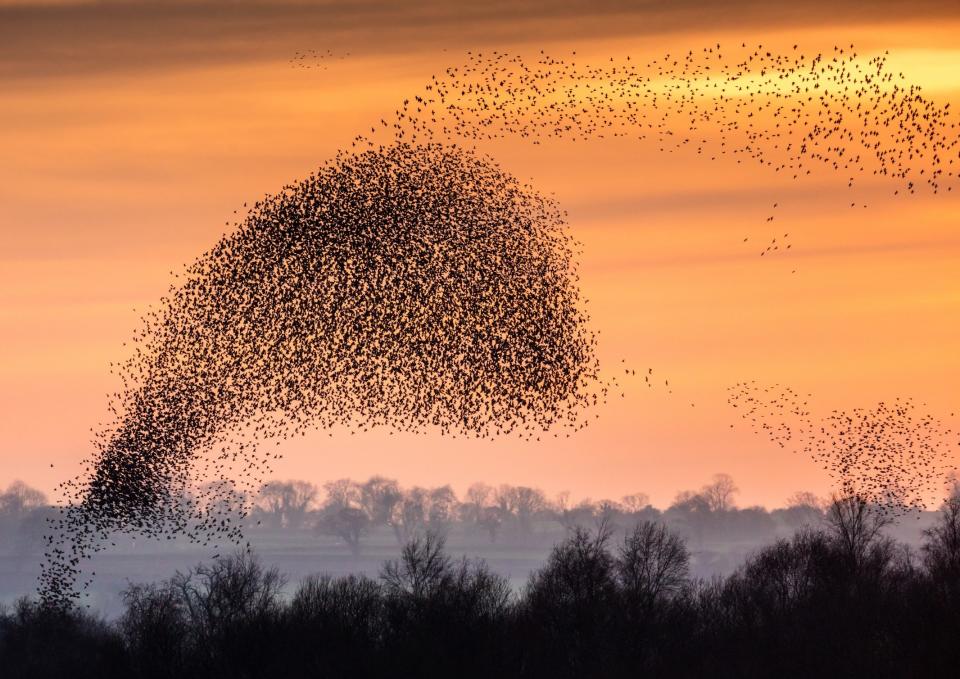
Birdwatching addresses the need for “the pause”, the point at which a person wants to step off the treadmill. You’re just as likely to struggle with mental health in the country as in the city, but at least in rural areas those seeking a deeper connection with nature have less far to go. This need to pause is particularly chronic amid the greys of urban life, but it’s also where birds – their aesthetic qualities, engaging behaviour and morning and evening song – can be most valuable.
“In urban environments the benefits are disproportionately greater,” says Lowen. “David Lindo, known as the Urban Birder, has the catchphrase ‘look up’, which is all about using birds as a means to seek out nature in an urban environment. Birds are everywhere all the time. They are part of our lives in a way most creatures aren’t.”
“We talk about a loneliness epidemic in this country and I think if you feel a stronger connection with nature you feel less lonely because you are aware of other living things and birds are very non-judgmental,” says Humble. “Even if you just watch them from your kitchen window. I can waste terrifying amounts of time just watching birds on a bird feeder.”
Birdwatching can also provide a sense of wonder or the sublime, forming part of that process by which an observer is able to free themselves from an often unhealthy self-absorption.
There are countless studies into how listening to birdsong alleviates anxiety while the appearance of different birds at different times of the year conveys the passage of time and the rhythms of nature in a positive way. “Even if people do not have a lot of contact with nature, they link the songs of birds to vital and intact natural environments,” reported The Washington Post last year.
“In the city you can be entranced by robins or blue tits,” says Humble. “And they are everywhere. But kingfishers are special to me. I was walking with a friend who is definitely not into the natural world and she said she’d never seen a Kingfisher, and as I was telling her what she needed to listen out for we saw one flash across the river and perch next to us. She was so entranced.”
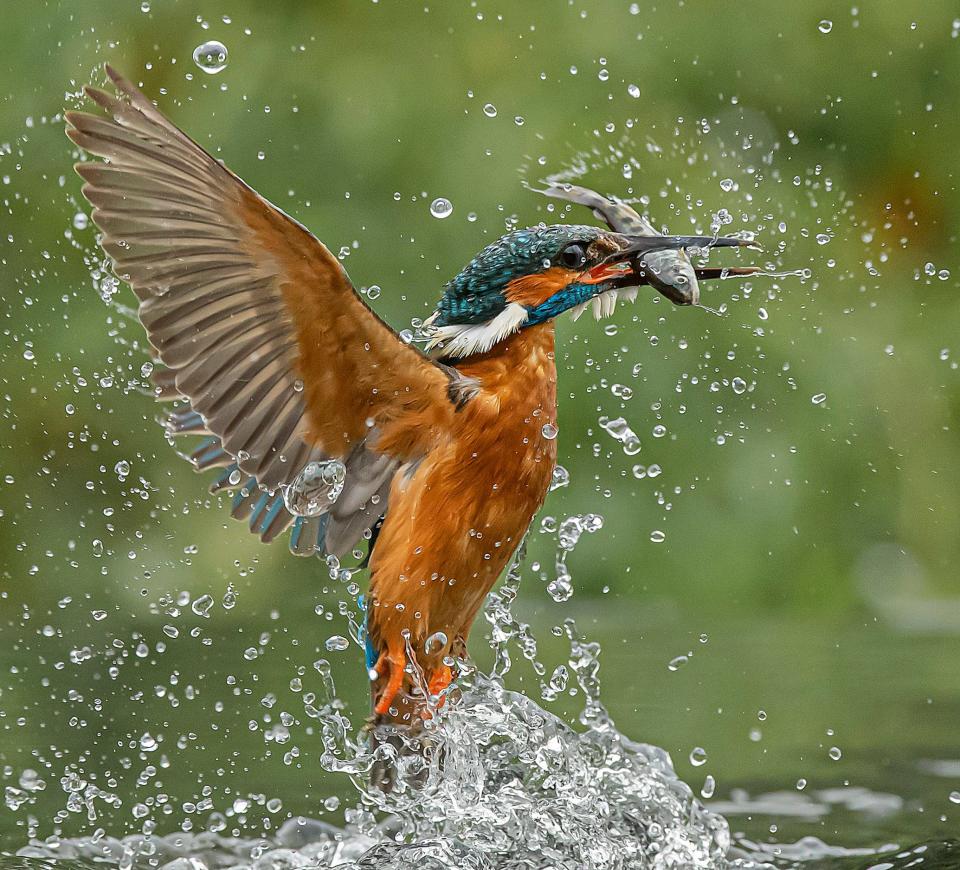
“Another time I was swimming in a lake and a kingfisher dived into the water two metres away from me and that was very special. I am president of the Wildfowl and Wetlands Trust and if you want to see one I’d go to one of their 11 reserves around the country. I’d also suggest people go out and look out for cuckoos, who should be heading this way from the continent. This is a great time of year to start birdwatching.”
“The murmuration of starlings in autumn and winter is like an aerial ballet in city centres around Britain,” says Lowen. “It’s mesmerising and every moment is different so you can never have the same experience twice. For something spectacular try Snettisham in Norfolk when the tide forces thousands of shorebirds off the land and they whirl around creating this amazing billowing cloud effect. In Britain the common swift is my favourite bird and they tend to return from Africa this week.”
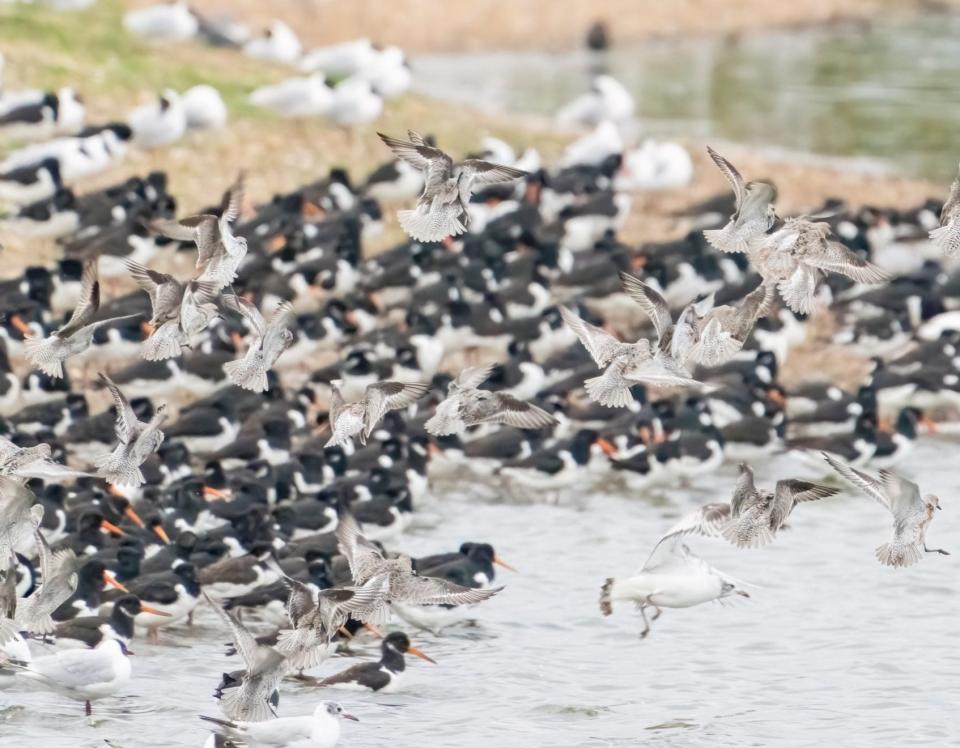
That’s not to say that birdwatching is always, or needs to be, a transcendental experience. There is the simple pleasure of being interested in a subject. Learning the taxonomy, the behaviour and the songs of birds has a therapeutic value, as does – if you seek it – the opportunity to meet those who share your passion. “For people who want a sense of community they can easily find it in birdwatching, as a member of an organisation like the RSPB or to go out on a walk on a local nature reserve,” says Lowen. “I’m the opposite – I use birds to get away from people. I go where there’s going to be only birds.”
The pleasures and benefits of birdwatching can be as mundane or as profound as an individual wishes. They can, of course, be both those things. “Watching birds makes me happy,” says Lowen. “When I’m engrossed in it the rest of my life disappears. It’s as though it doesn’t exist. I have a single moment of attention and that’s the feathered thing in front of me. You can get that from the blackbird on your lawn or the pigeon flying overhead. It takes you away from the banalities and stresses of modern life.”
Recommended
How I found my flock: my love affair with bird watching

